Developing Youth Green Entrepreneurs in Lubumbashi, DR Congo
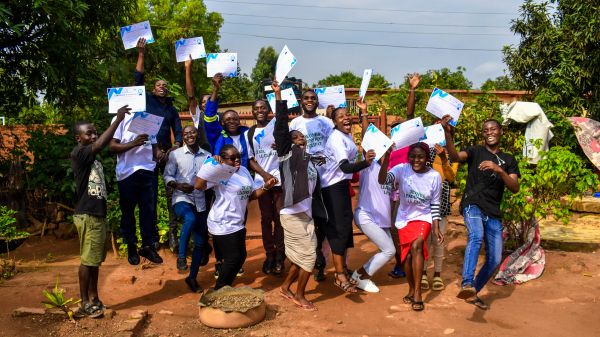
This blog post was written by Mariam Kabamba, moderator of the Global EE eePRO Group.
Electric vehicles, batteries, mineral resources, illegal mining, youth vulnerability, hunger, and quality education are some of the subjects that need attention in our community and my country. My country is one of the wealthiest countries in natural resources but with high levels of poverty, hunger, and youth unemployment.
The Democratic Republic of the Congo is destined to be a central role point in our planet's environmental change narrative. This country will play a central role due to changes that will continue to accelerate, changes in land use due to economic development and resource extraction, and since many minerals in precious metals needed for batteries are mined here.
A survey done by Congo Environnement et Nature in 6 Peri urban country and 2 villages in the Haut Katanga province finds that 65 percent of young people lack quality education and economic opportunities. They work or wished to work in illegal mines, and they do not have adequate knowledge of the environmental conditions in which they are living. This shows how young people are very vulnerable and lack opportunities to influence the direction of their country and different sustainable actions are needed.
Launching a Green Entrepreneurship Training
In May 2024, I was selected as an Accelerator Fund Fellow from the Ban Ki-moon Foundation and received a small grant to develop the green entrepreneurship training in 2 Peri Urban area in Lubumbashi, DR Congo.
This was a green entrepreneurship training program, for 20 marginalized and unemployed young people especially young women from Kalebuka and Kasungami in Lubumbashi, DR Congo, aged between 18 and 35 years old that join in an environmental leadership program focused on environmental literacy, climate action, civic engagement, and with the concentration on green entrepreneurship. This leadership program was to not just learn about environmental issues, but to act and launch sustainable small enterprises to reduce youth unemployment, hunger and extreme poverty.
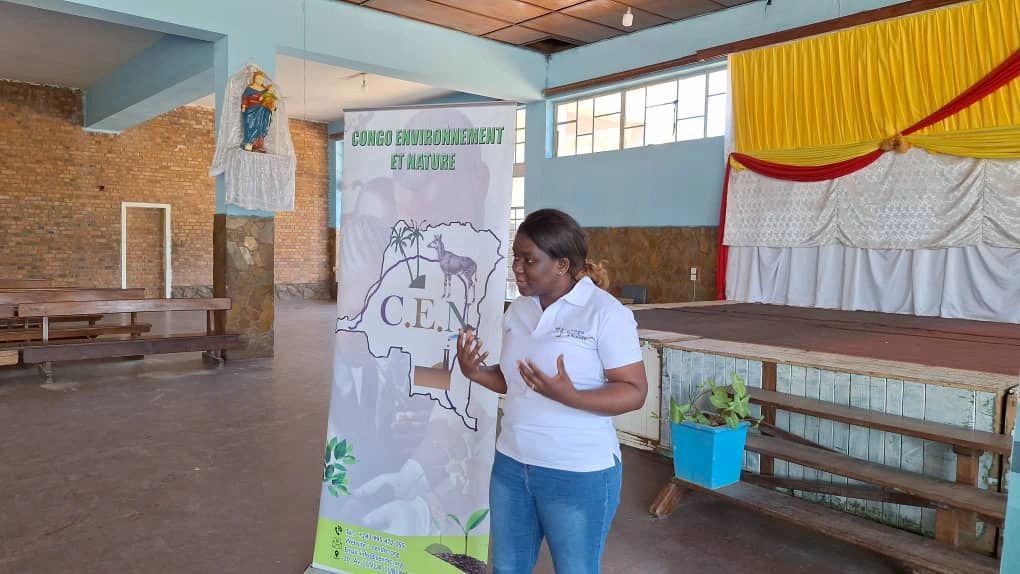
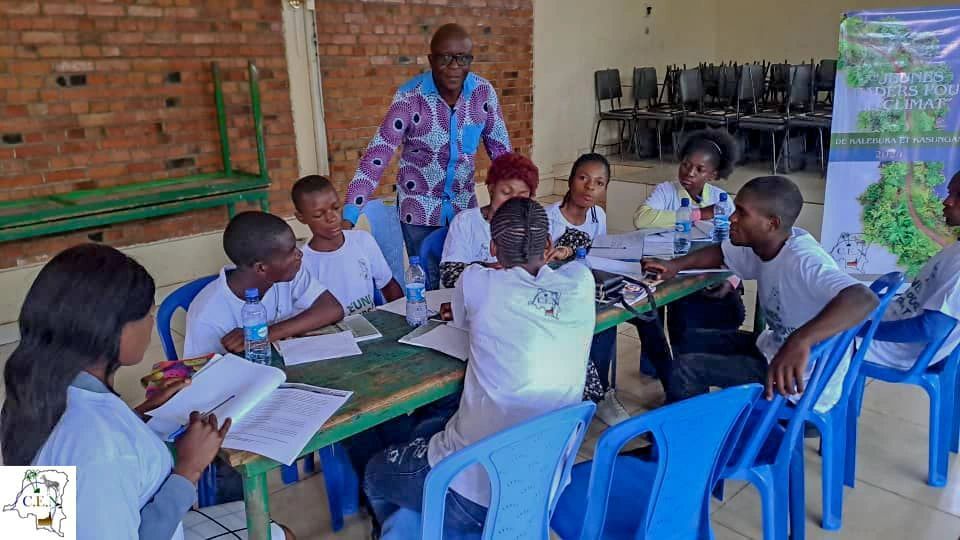
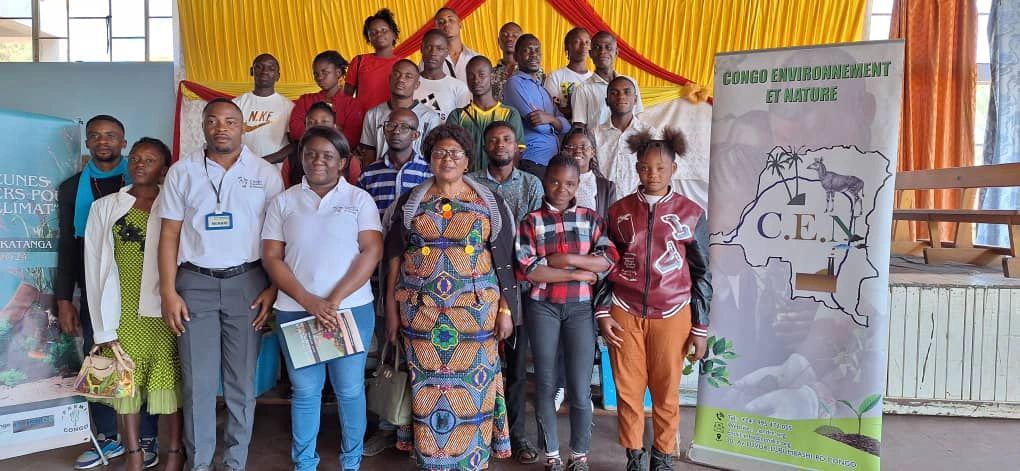
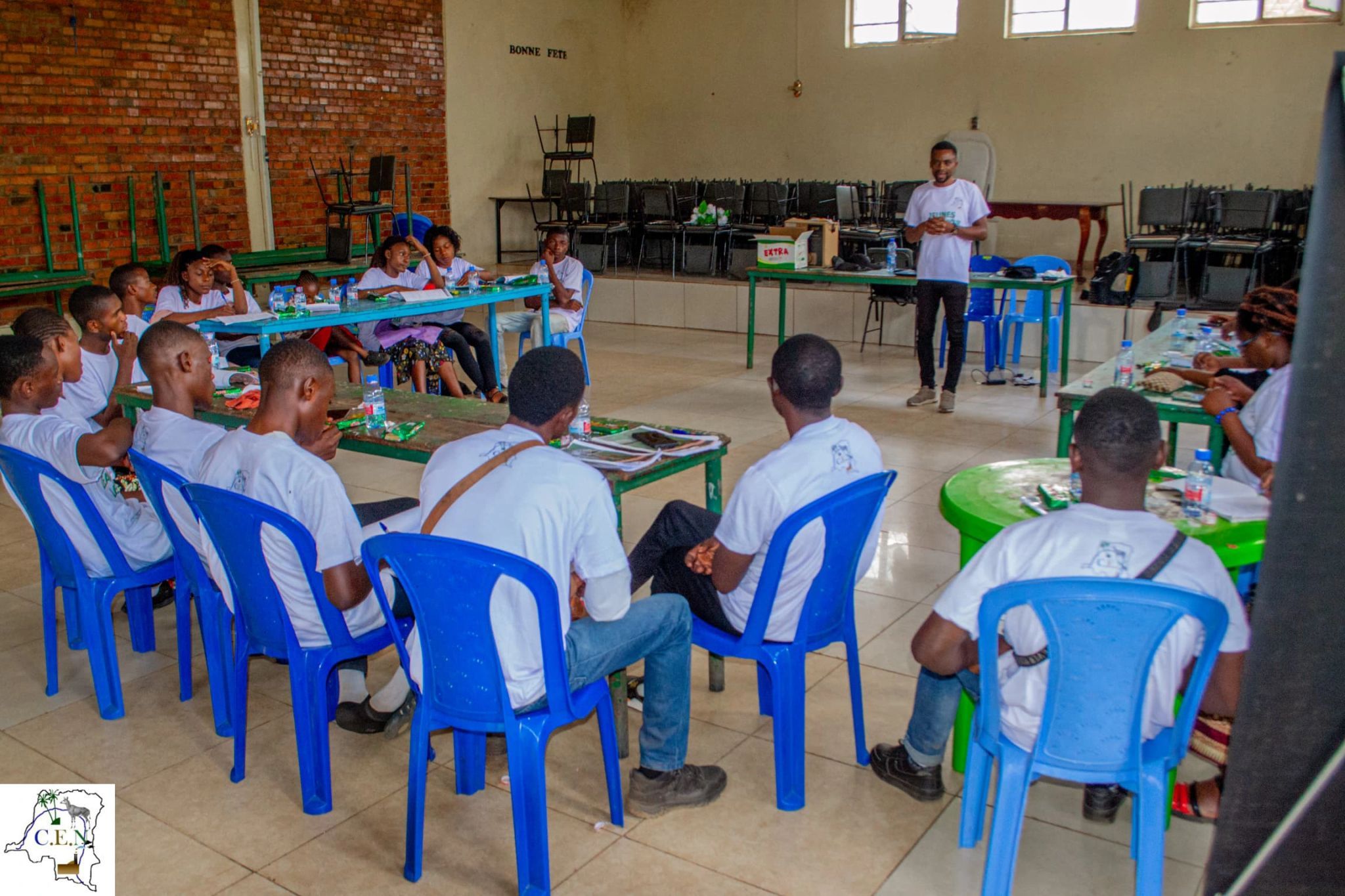
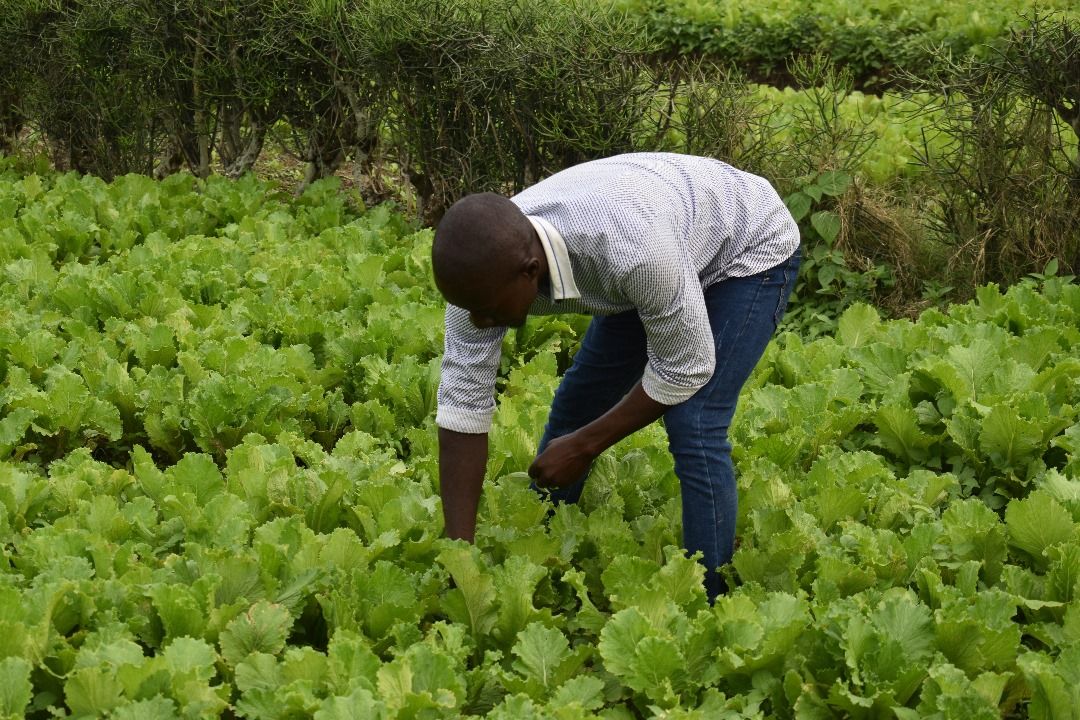
The training brought together three trainers for 3 module courses, namely:
- Environmental and climate education given by Mr. Christian Bwenda, Premi-Congo coordinator.
- Financial Literacy and Green Entrepreneurship by Mr. Riziki Mbale Fabien.
- Project management by Mr. Mbayo Monga Guellord Master Master in Ecosystem Management/Biodiversity Conservation.
After these three sessions, participants developed green sustainable enterprises ideas that could be implemented in their community. Three best and feasible ideas were selected by our team, and they received a small amount of money to implement them by the youth.
Rabbit Farm and Tree Nursery
This project was developed and implemented by a young girl named Cecile Buzito to fight against unemployment while respecting the environment. She developed a fruit tree nursery next to the rabbit breeding to sell these fruit trees and rabbits at the end and to hire other young people when the spots and income increase.
Duck, Pig Farm and Vegetable Garden
This project was developed and implemented by a group of girls (ALICE Group Leader) and boys from a shelter in Kasungami to fight against unemployment while respecting the environment, but also with the aim of teaching these young orphans and abandoned people to take care of themselves. These young people developed the breeding of pigs, ducks, chickens and then made a garden of okra, squash and other vegetables.
Turkey, Guinea Pig Farm and Vegetables Garden
This project was developed by a group of two boys (STINO and JEAN-LUC) from Kalebuka, precisely with the aim of fighting against unemployment while respecting the environment, but also to make these young occupants capable of getting by. These boys have developed the breeding turkeys, and guinea pigs and made a garden of cabbage and spinach.
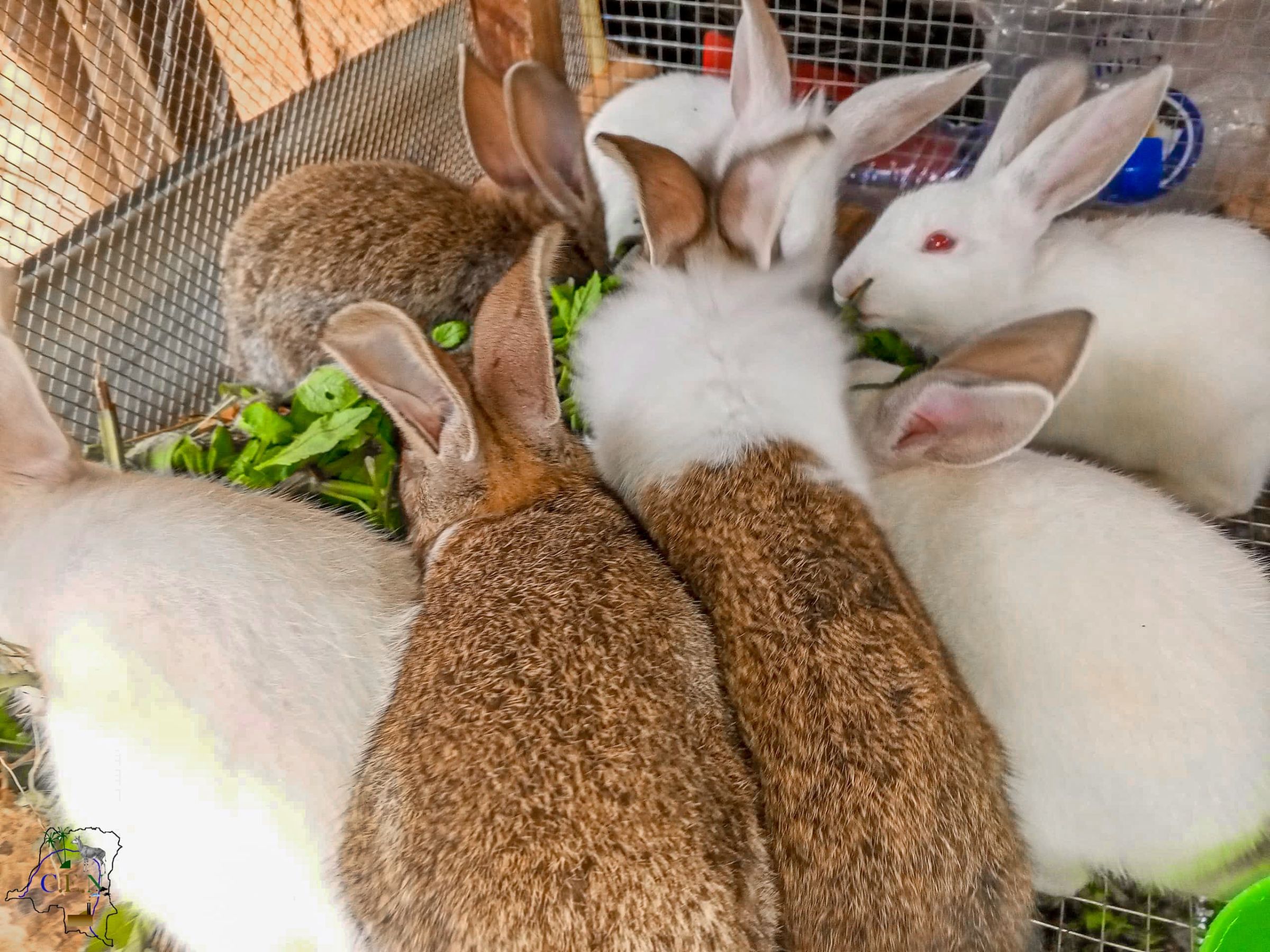
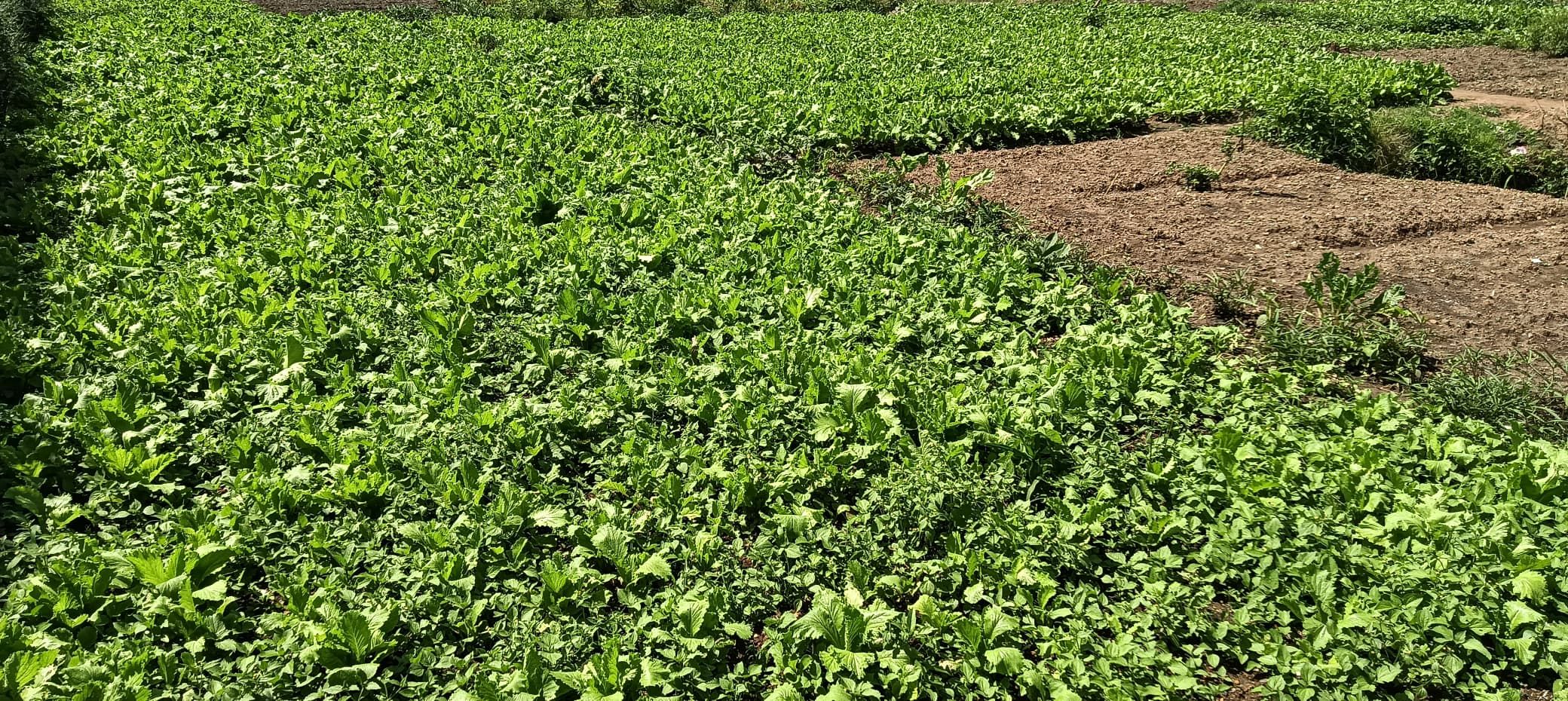
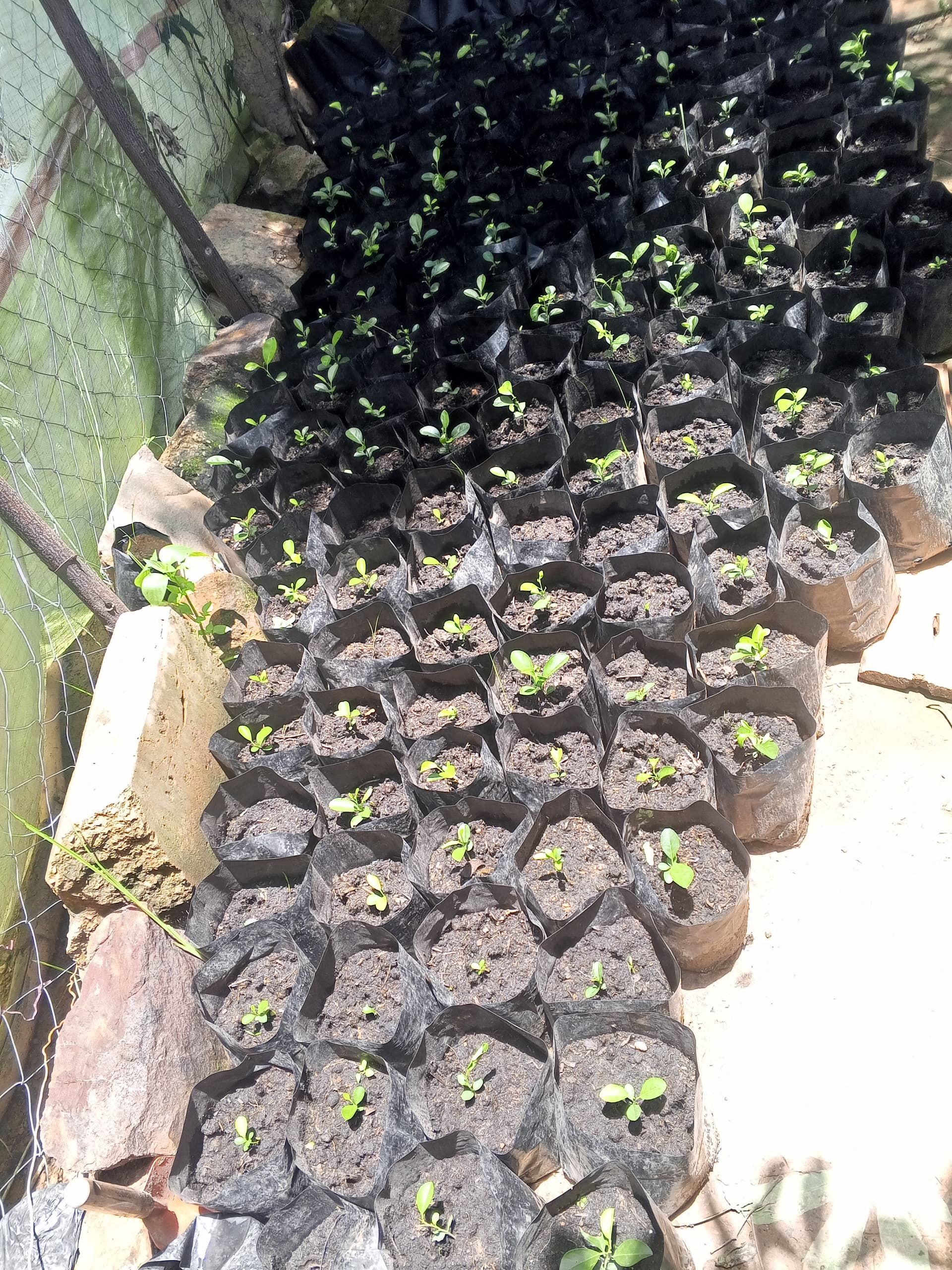
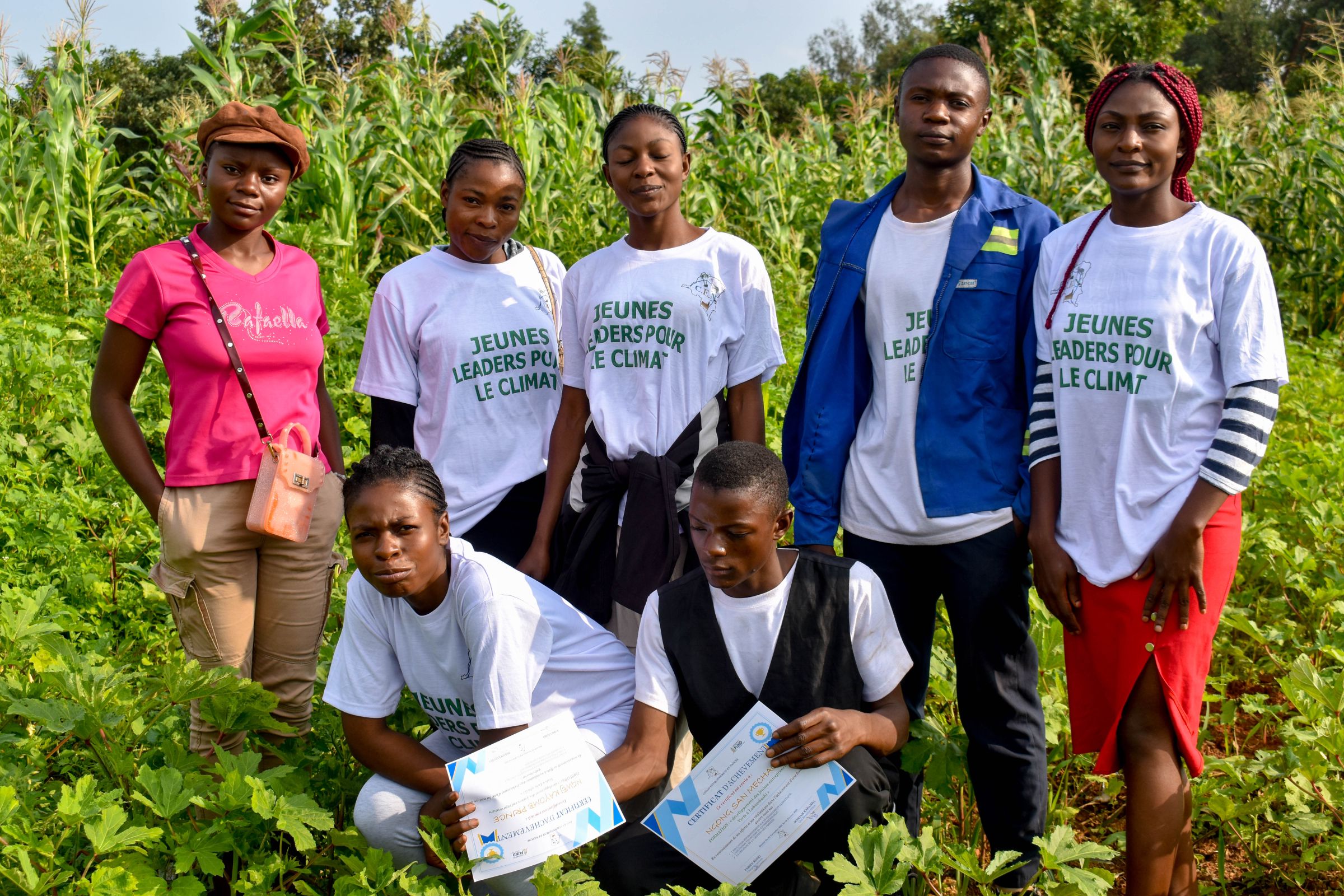
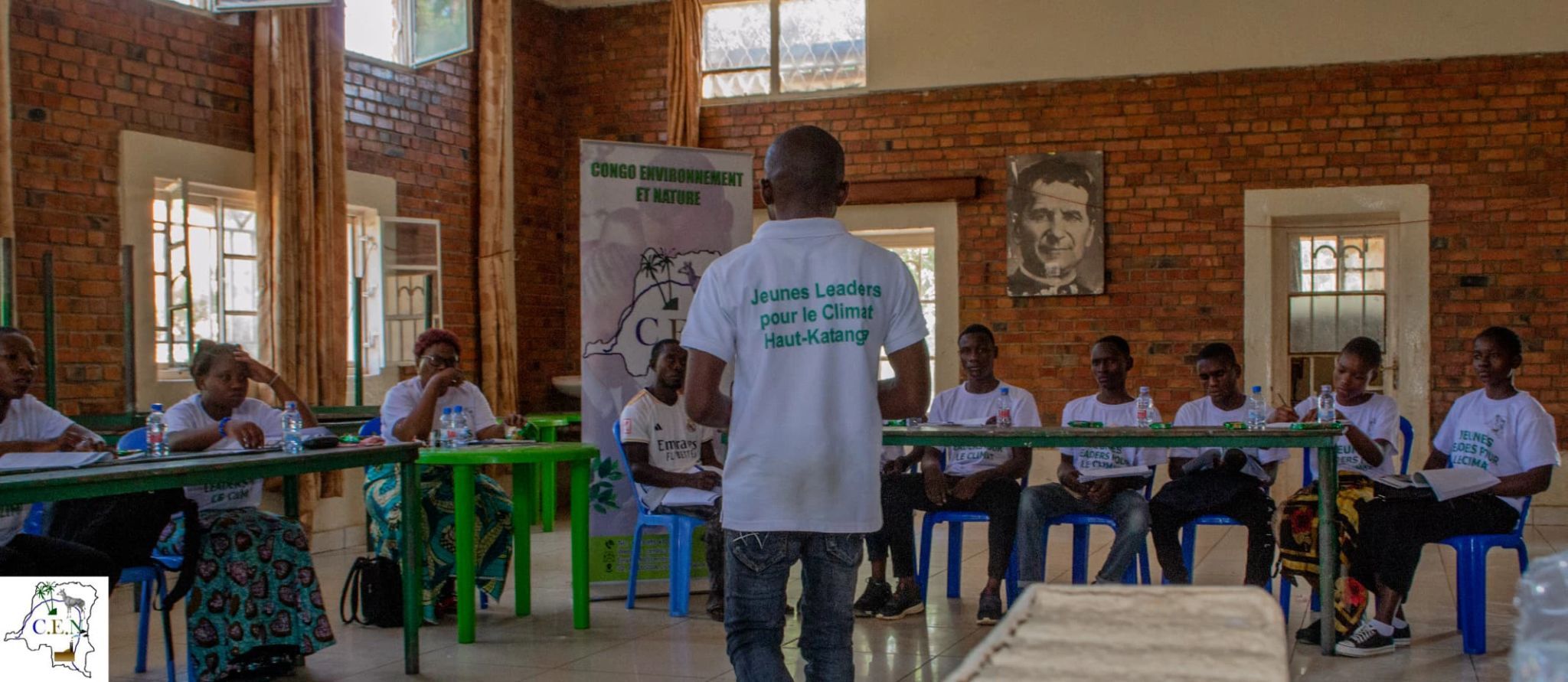
These three projects meet the criteria for green projects, because they respect the environment and have the objective of reducing greenhouse gas emissions. To conclude this training a community event was organized in Kasungami. The event brought together participants, and some community members. Participants received certificates and some interviews were conducted by a journalist a local television Mr. Demester Maloba with his entire team.
This project was unique and addressed several issues at once. It has a positive impact on the youth and future generations of our community, and it aligns sustainable development goals, especially SDG 1, 2, 4, 8, 13, 15 and 17. The expansion of this unique project will have a significant impact on our local community, which is why we are asking everyone to join us.
Voices from the Ground: Participant Testimonials
"Personally I was very happy to participate in this training, especially happy for the financial support that Congo Environnement et Nature had made available to me for my small rabbit farm and my fruit tree nursery. I sincerely say thank you to the initiators. We want to see these kinds of training developed in other communities to teach them how to fight climate change, raise their standard of living until they get out of unemployment, which was our case." —Cecile Buzito
"As a young green entrepreneur, I would like to thank Madam Mariam and her organisation for the training and for financing our vegetables organic garden project and turkeys, ducks, guinea pigs farm. And we ask Congo Environnement et Nature to think of other young people who do not yet know what climate change is and how to fight against this scourge that continues to ravage our planet." —Stino
"We, the young people of the Kasungami orphanage, say thank you to [Congo Environnement et Nature] CEN for having thought of us in its training program. We were very happy to have lessons from it on how to protect our environment and especially on how to take care of ourselves. We also say thank you for the amount of money that has been made available to us for the development of our duck and pig farm and also our vegetable garden; and we want CEN to be able to visit other orphanages and abandoned youth to build their capacity as we did." —ALICE Group Leader


